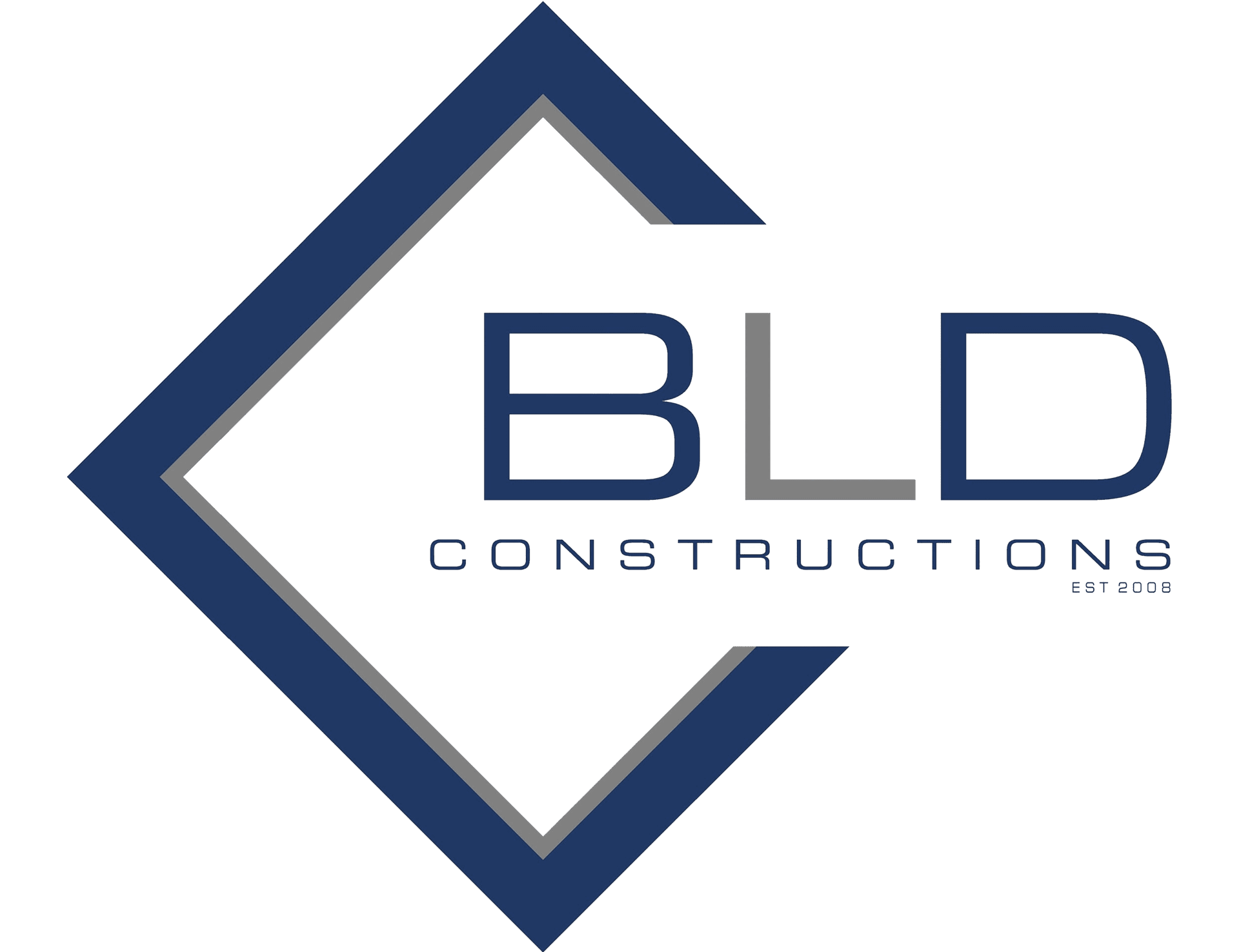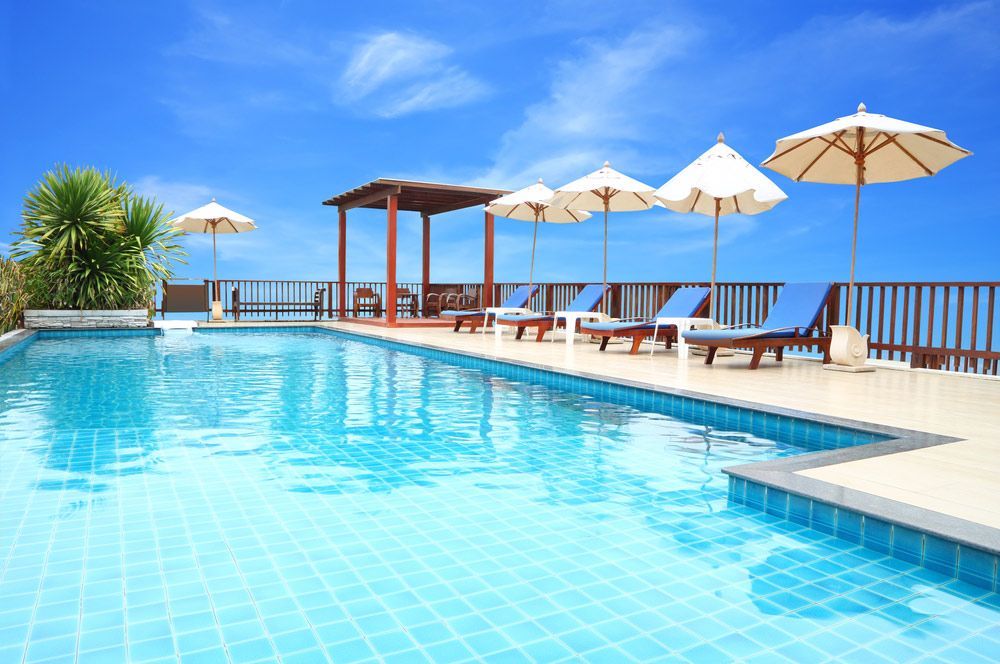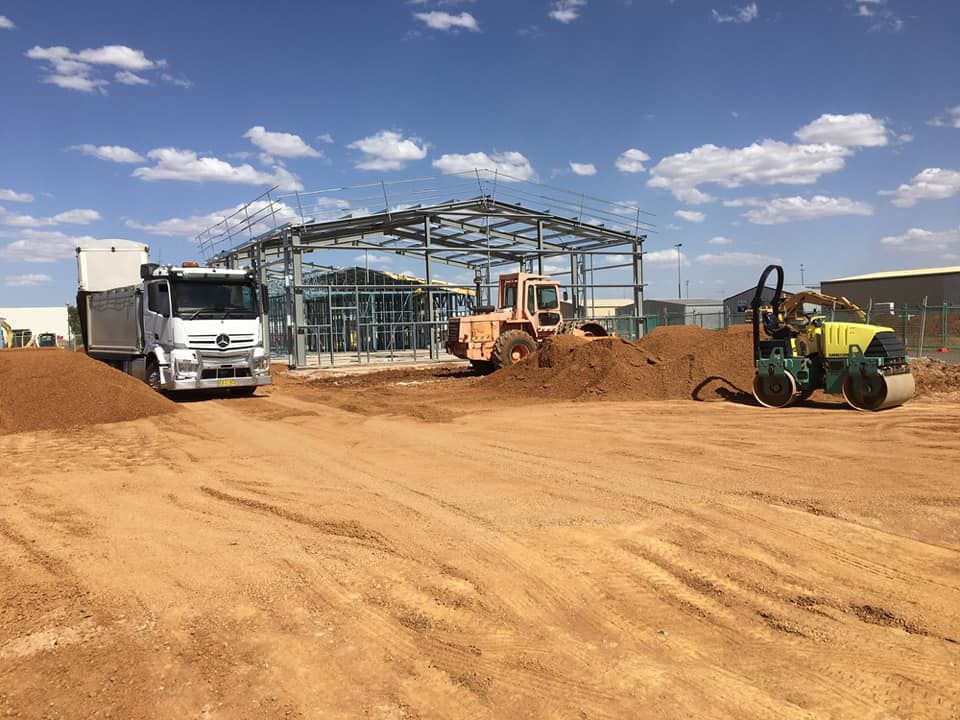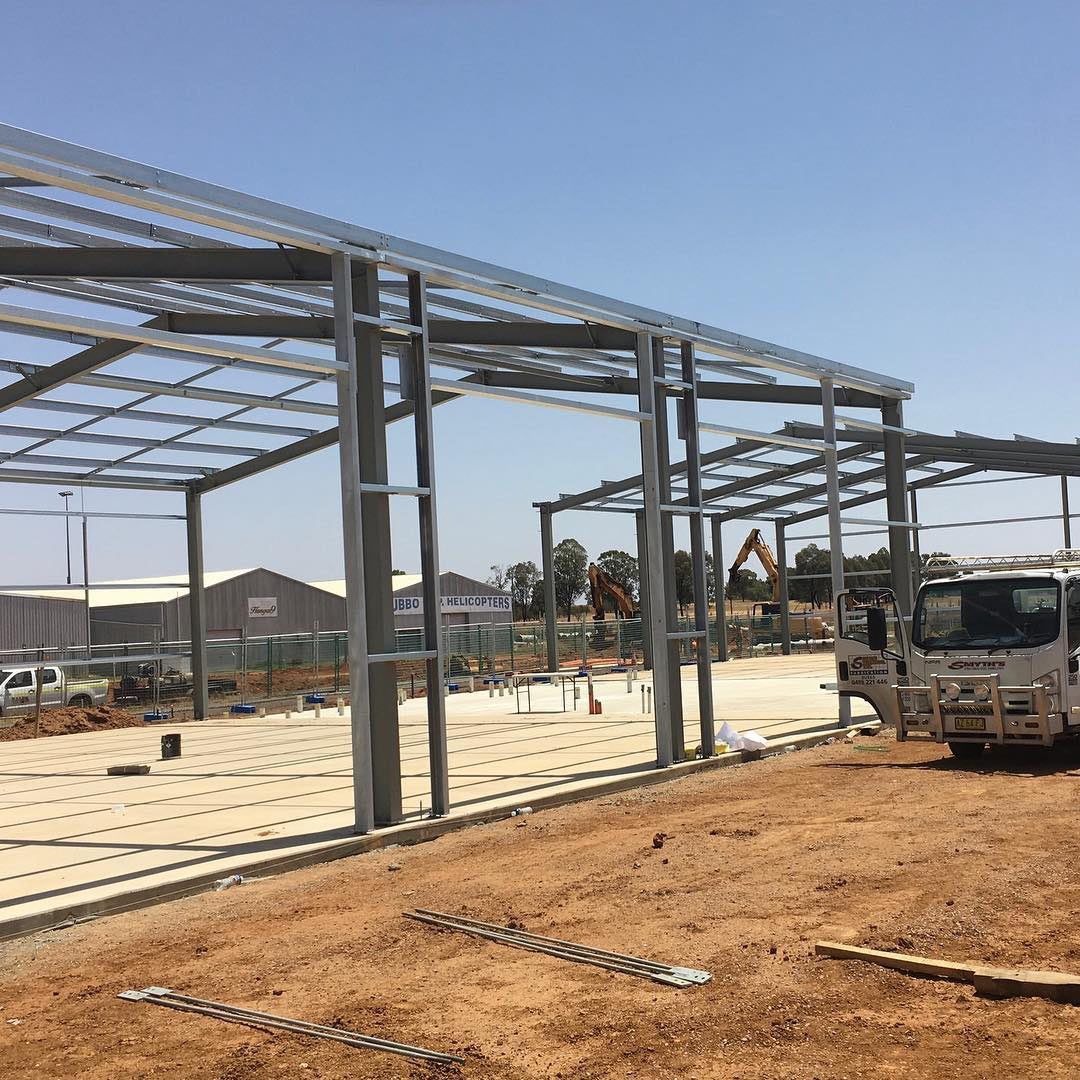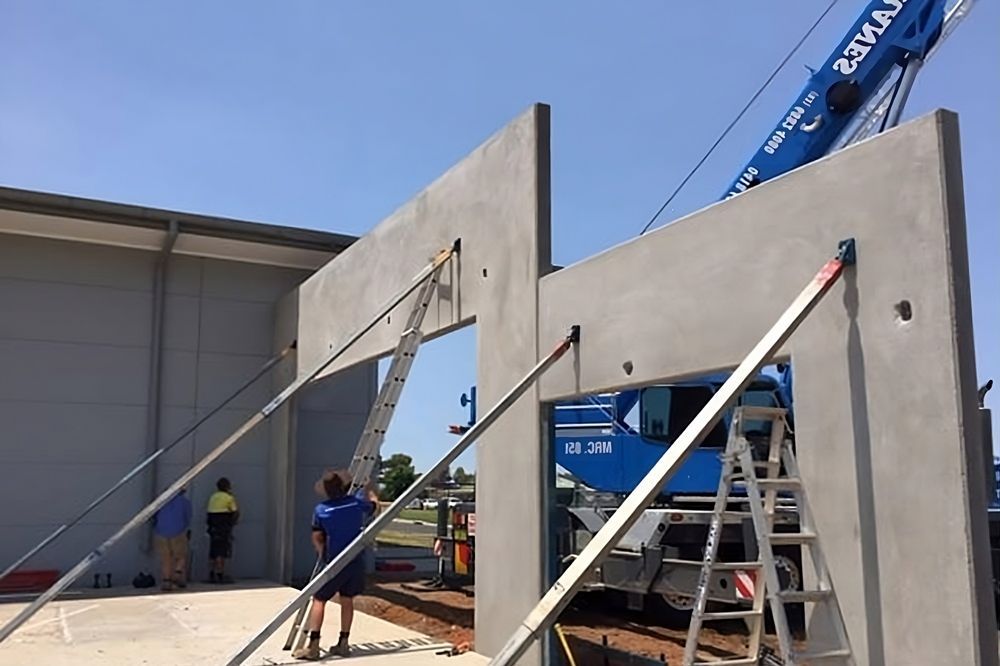Planning A Commercial Pool Project: Design & Ideas
Building a commercial pool requires meticulous planning and execution to ensure the project is completed within budget and meets the specific requirements of the facility. Whether it’s for a hotel, a sports club or a residential complex, a commercial pool project needs to be carefully designed to cater to the specific needs of the facility and its users. In this blog post, we’ll explore key considerations for planning a commercial pool project.
Determining The Size And Shape Of The Pool
One of the first considerations when planning a commercial pool is determining its size and shape. This is typically determined by the size of the facility, the number of expected users and the intended use of the pool. For example, a hotel pool will need different depths to accommodate a variety of guests, while a sports club may require a rectangular pool for lap swimming.
The shape of the pool can also have an impact on its aesthetics and usability. Some popular shapes for commercial pools include rectangular, oval and freeform. Freeform pools are often used for resorts and hotels to create a more natural look and feel, while rectangular and oval pools are popular for lap swimming and competitions.
Determining The Filtration System
The filtration system is another important consideration when planning a commercial pool project. A good filtration system is essential for maintaining clean and clear water, which is not only important for aesthetics but also for ensuring the health and safety of pool users.
You should also consider other factors such as chemical treatment, circulation and heating. All of these elements work together to ensure the water in the pool is clean, clear and safe for users.
Unique Elements
Unique elements–such as a kids area, diving board or water slide—can add value to the facility and make it more attractive to users.
A kids area may include features such as shallow water, interactive fountains and water toys. A diving board is another popular addition for commercial pools and can be designed to cater to different levels of competition. Water slides and other fun features can add value to the overall facility and make it a more appealing destination for visitors.
Other Considerations
Compliance with Regulations and Safety Standards: It’s important to ensure the pool project meets all relevant regulations and safety standards. This includes compliance with building codes, accessibility requirements and fencing and barrier requirements.
Choosing the Right Materials: The choice of materials used in a commercial pool project can have a big impact on its longevity, maintenance requirements and aesthetics. Consider factors such as durability, slip-resistance and colour options when selecting materials.
Lighting and Aesthetics: Lighting and aesthetic features such as waterfalls, underwater lighting and landscaping can enhance the overall look and feel of the pool area, creating a more attractive and inviting environment for users.
Maintenance and Upkeep: Once the pool project is completed, ongoing maintenance and upkeep will be required to ensure that it remains safe and functional. Consider factors such as maintenance requirements, ongoing costs and seasonal considerations when planning for maintenance and upkeep.
Working with a Professional Contractor: Building a commercial pool is a complex undertaking that requires specialised knowledge and expertise. Working with a professional contractor who has experience in commercial pool projects can help ensure the project is completed on time, within budget and to the highest standards of quality and safety.
